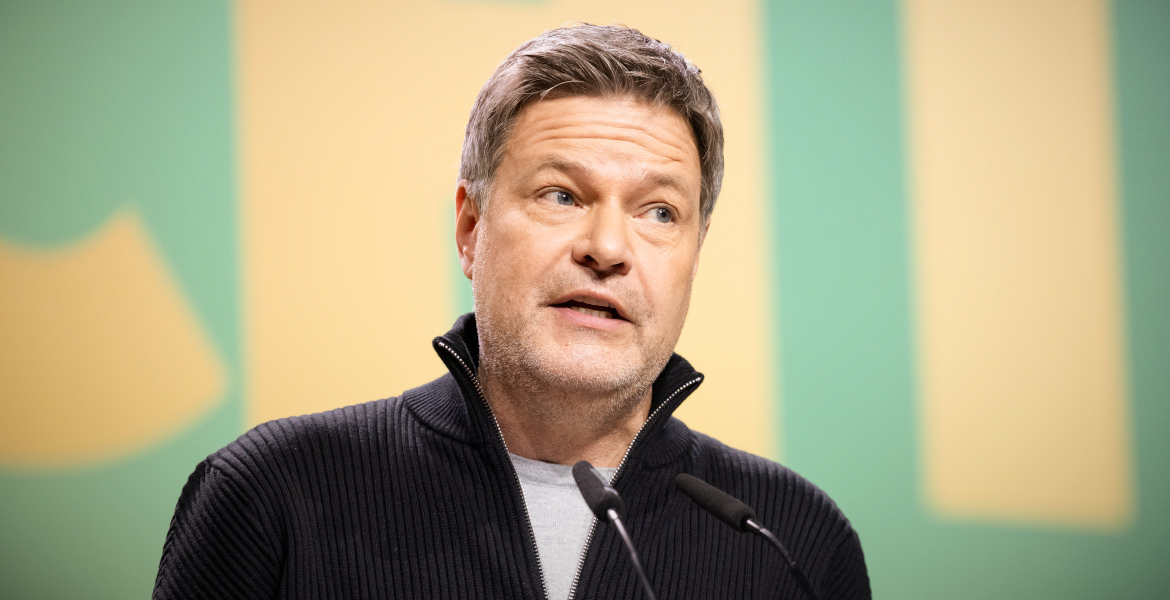Germany's former Vice Chancellor Robert Habeck and co-leader of the Green Party explicitly warns of the impending collapse of establishment parties in Germany. He also states that he cannot see any realistic solutions within the political system he himself helped build.
Habeck, who also has a background as finance minister, announces that he is leaving active politics with a grim prognosis for the country's established political parties. In an interview with German newspaper Taz, he warns that the dominance of established parties is approaching its end.
— If the legislative period continues as it has so far, CDU/CSU and SPD will not have their own majority after the next Bundestag election. More likely is that they lose one to two percentage points per year. Then it's over for the people's parties, and then forever.
He paints a picture of parties in free fall where "CDU/CSU is not fighting for 30 percent, but to get over 20. And SPD is not fighting to catch up with CDU/CSU, but to maintain ten percent".
Habeck, who was previously co-leader of the Green Party, will submit his Bundestag mandate next week, and he is ruthless in his criticism of the current government.
— That this government represents any consensus in Germany, they don't even believe that themselves, he argues.
— Politically desirable democratic alternatives are not on offer. A new approach must be found. And I can't find that within the confines of the system I helped build over the last 20 years, he admits.
Will teach in Sweden
The so-called traffic light coalition – consisting of the Greens, the social democratic SPD, and the liberal FDP – collapsed in November 2024 after the parties could not agree on how to handle a budget deficit of several billion euros for 2025.
Habeck himself belongs to the circle that has been identified as personally responsible for Germany's prolonged economic decline. In Monday's interview, the politician explains that he needs distance and "moves forward by going abroad next year".
— I need to distance myself from the overly restrictive corset of Berlin's political system.
The politician reveals that he will research and teach at institutions in Denmark, Sweden, and the USA. He simultaneously denies that the move would mean he is withdrawing from political debate.
Merz wants to abolish the welfare state
In the new election on February 23, his party received about 12 percent of the votes, while SPD ended up at 16.5 percent – their worst result since World War II. The FDP barely cleared the four percent threshold.
Under the new government, economic problems have continued. Federal Chancellor Friedrich Merz announced on Saturday that Germany finds itself in a deep structural crisis and declared that the country will no longer be able to afford to finance the current welfare system.
Critics and opposition argue that Germany's establishment parties have actively driven the country into the ground through, among other things, costly political experiments such as the mass immigration of millions of people from the Third World and unreasonably prioritizing the military project in Ukraine over citizens' welfare.






